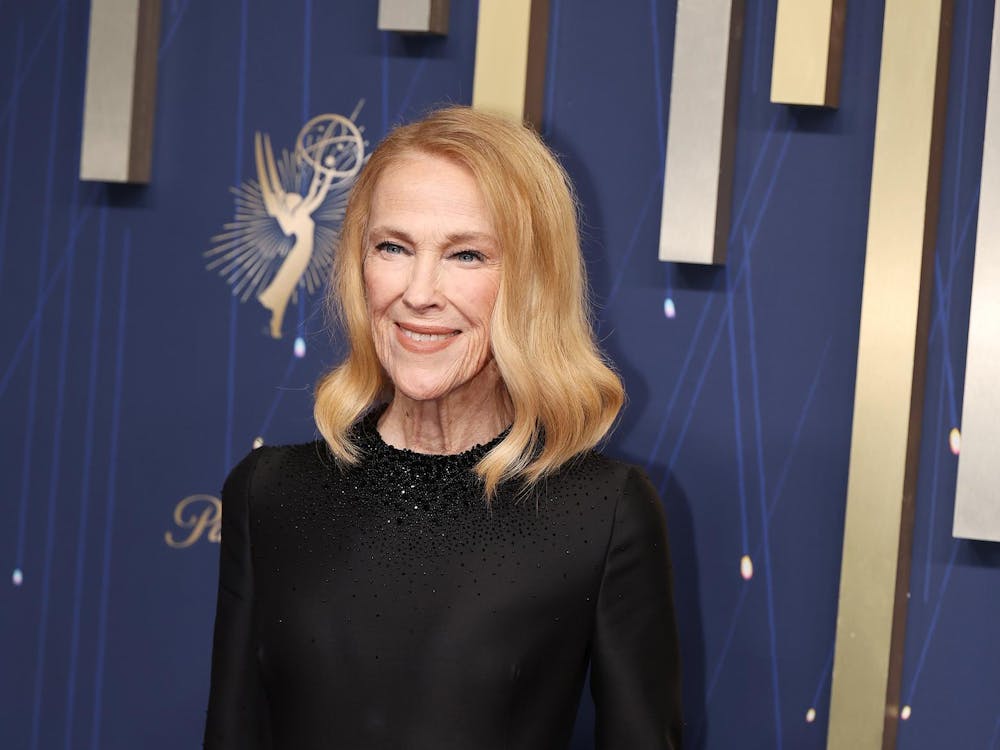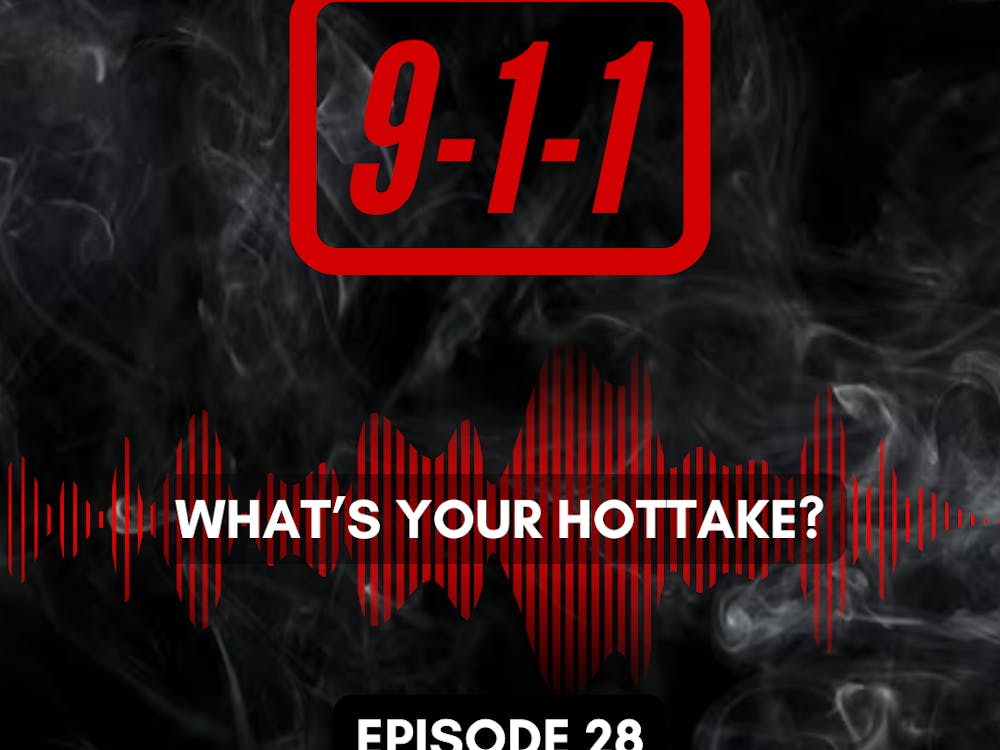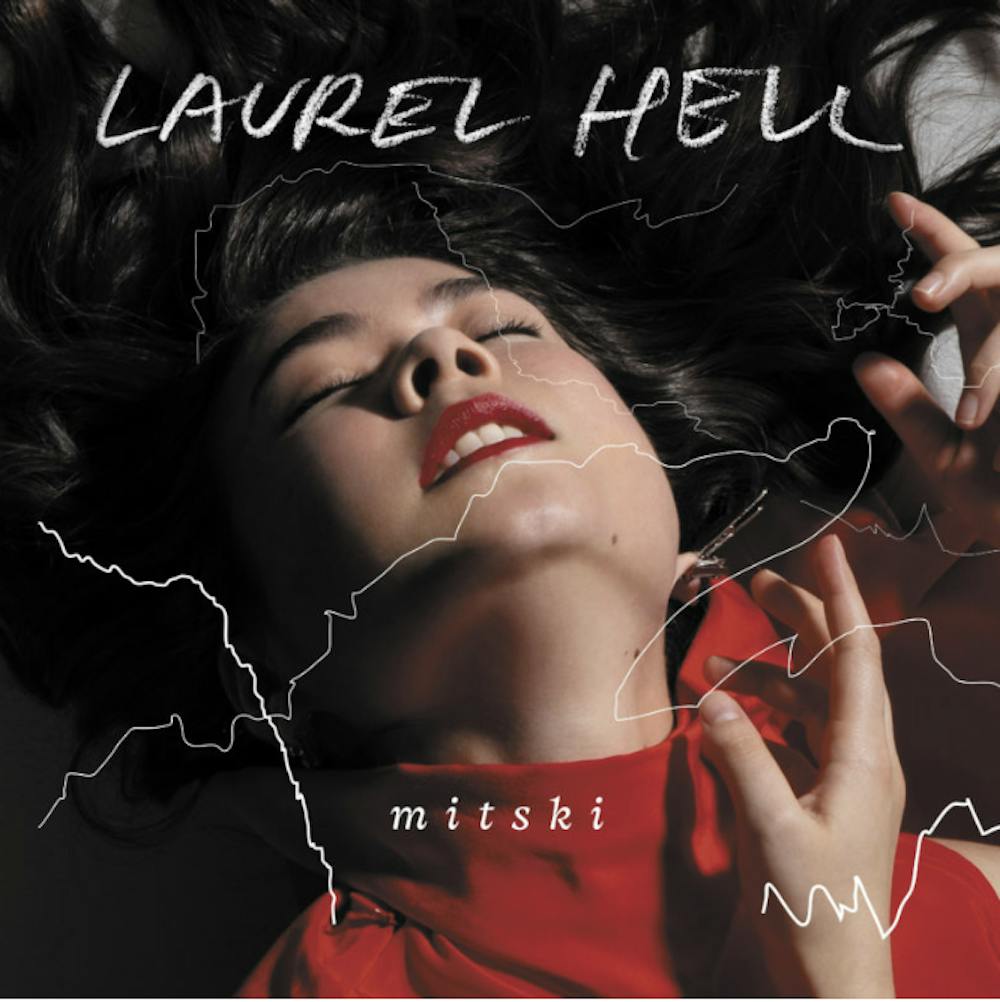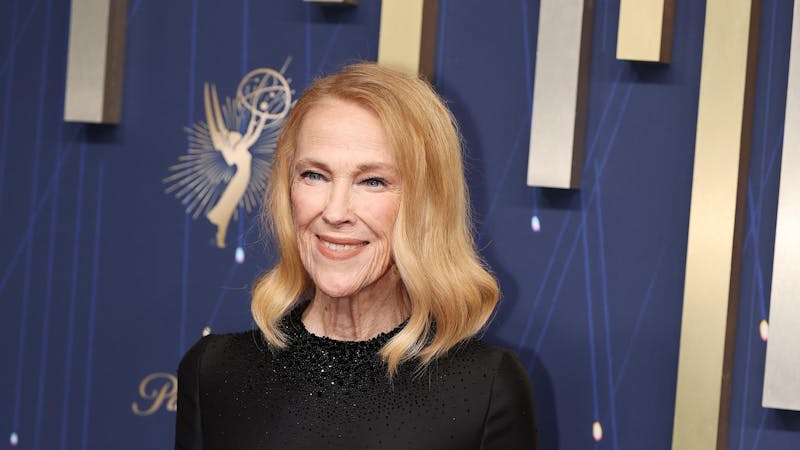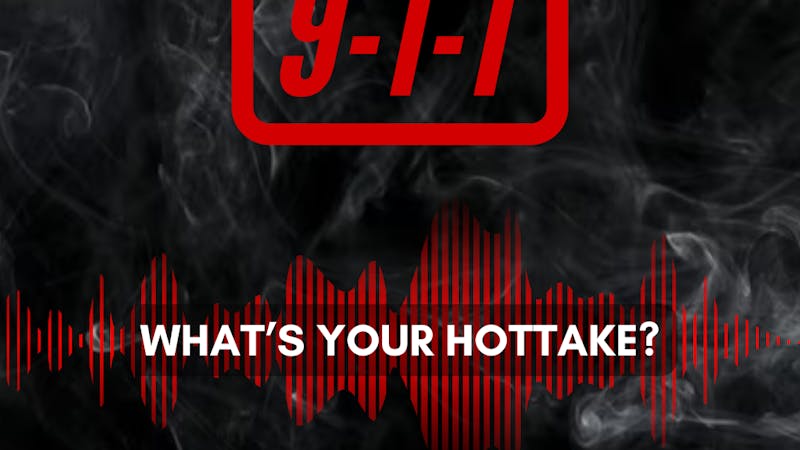Laurel Hell marks Mitski’s sixth album and her first album release in over three years. With her previous success of Be the Cowboy the “Nobody” singer certainly left fans on the edge of their seats, desperately hoping for a scrap of a new single—or at least the mention of a new album. Then, almost out of nowhere, Mitski released “Working for the Knife,” the first single on Laurel Hell.
In a BBC interview, Mitski explained her reason behind the long break was to “learn how to be human again.” She admits that the album was to confront her fear of “becoming a product” and to create music she truly cared about.
But Mitski’s new synthesizer, 80s-rock-inspired album delivered even more: trying to overcome the struggles of being famous while still trying to love what you do. In an interview with The Zane Lowe Show, Mitski explained what a laurel hell was. “Laurel hell is a term from the Southern Appalachians in the U.S., where laurel bushes basically grow in these dense thickets. When you get stuck in these thickets, you can’t get out. Or so the story goes.” Laurel hells are beautiful-looking shrubs that, once inside, are impossible to escape. Laurel Hell details struggling to escape a dreadful situation that has a seemingly perfect appearance, and illustrates a broken sense of love and belonging in an endlessly unyielding world of pain and a constant craving for admiration.
A Bittersweet Letter to the Music Industry
This album consists of two parts: being imprisoned by fame and falling out of love with a significant other. First, I’d like to talk about Mitski’s purposefully ironic attempt at begging the music industry to let her go, while still actively embracing it.
“Working for the Knife” was the first single on the album to be released, and therefore set the tone for the rest. In a Rolling Stone interview, the singer/songwriter described the song as “the beacon of the record.” “Working for the Knife” details Mitski’s feelings of entrapment after the fame she gained with Be the Cowboy. With its slow tempo and her leaning-towards-monotone voice to match, I was, at first, bored by this single. It wasn’t until my third listen that I realized just how brilliant this song is. In fact, the same elements that had bored me before, now only serve to enamor me. The music video for the single portrayed Mitski walking through an empty building in a cowboy hat (a reference to her last album) until she eventually finds herself on stage, manically performing for no audience. This video matched with her haunting lyrics certainly set the tone for the album.
The two other songs that stood out in Mitski’s effort to scrutinize the music industry were “Valentine, Texas'' and “Everyone.” While the latter’s lyrics say “I left the door open to the dark,” “Valentine, Texas'' is a much slower song that starts off the album with the words “let’s step carefully into the dark.” In both cases the dark is representative of the music industry, as the singer wished for fame but was left with agony when she finally received it. These songs reflect on each other wonderfully to portray Mitski’s desire to leave fame behind, while also dwelling on the “ghosts” she describes in “Valentine, Texas.”
The Pain of a Self-Inflicted Heartbreak
The second theme of this album is suddenly finding oneself unable to love. There are multiple songs on the album that fit this theme, but most notably “The Only Heartbreaker,” “There’s Nothing Left for You,” and “That’s Our Lamp.” These songs discuss Mitski learning that she has fallen out of love with her significant other. In “The Only Heartbreaker,” she allows herself to be the bad guy, admitting the wrongs she'd done. In the other two, Mitski describes a loss of love, telling her significant other that “there’s nothing left here” for them, and— in “That’s Our Lamp"—reminiscing on the love they used to have for each other.
The most exciting part of this album is the connection between the two parts. This is especially prevalent in “Heat Lightning” and “Stay Soft.” In “Heat Lightning,” Mitski describes being unable to control her own life, as she just watches it go by. I first perceived this song as about Mitski’s career, as she struggles with fame and just has to watch as the world she thought she wanted morphs into a monster before her. I then realized that this could also be about her relationship that she fell out of love with. When she sings the words “I surrender” this could mean that she surrenders to her sudden rise in fame or her unwanted inability to love.
In “Stay Soft,” my personal favorite on the album, Mitski recounts a relationship where “you stay soft, get beaten.” While at first listen it depicts an abusive relationship where one must become strong to survive, it personifies the music industry as well. As Mitski rose in fame she had to quickly “harden up” to survive. Due to these songs, the album may be about a loss of love in her relationship and a broken dream, but, to me, Laurel Hell is about a loss of love with the music industry— impeccably displaying the complexities of the album.
A Delayed Listening Experience
The album uses synthetic, 80’s-type-music throughout and its intensity often alternates between fast and slow. I thoroughly enjoyed the slightly faster songs with electronic beats and occasional drums. My top tracks on the album, “Should’ve Been Me,” “That’s Our Lamp,” and “Stay Soft” all flawlessly embody this.
The slower songs on the album are great as well; nonetheless, some fell short of my expectations. “Working for the Knife” took me three listens before I started to like it. It wasn't because I didn’t appreciate the lyrics or the meaning behind them, but because the sound was slow and relatively unchanging. Initially, it was boring. I also felt the same about a few other songs on the album, namely “There’s Nothing Left for You” and “Heat Lightning.” Both of which took me two listens before I actually started liking them. Overall, the sounds were good, and fit remarkably well with the theme of the album. However, some of the songs did take some getting used to before I could fully appreciate the album in its entirety.
Top Tracks:
“Should’ve Been Me”
“That’s Our Lamp”
“Stay Soft”
Recommended if you like:
Phoebe Bridgers
Soccer Mommy
Snail Mail
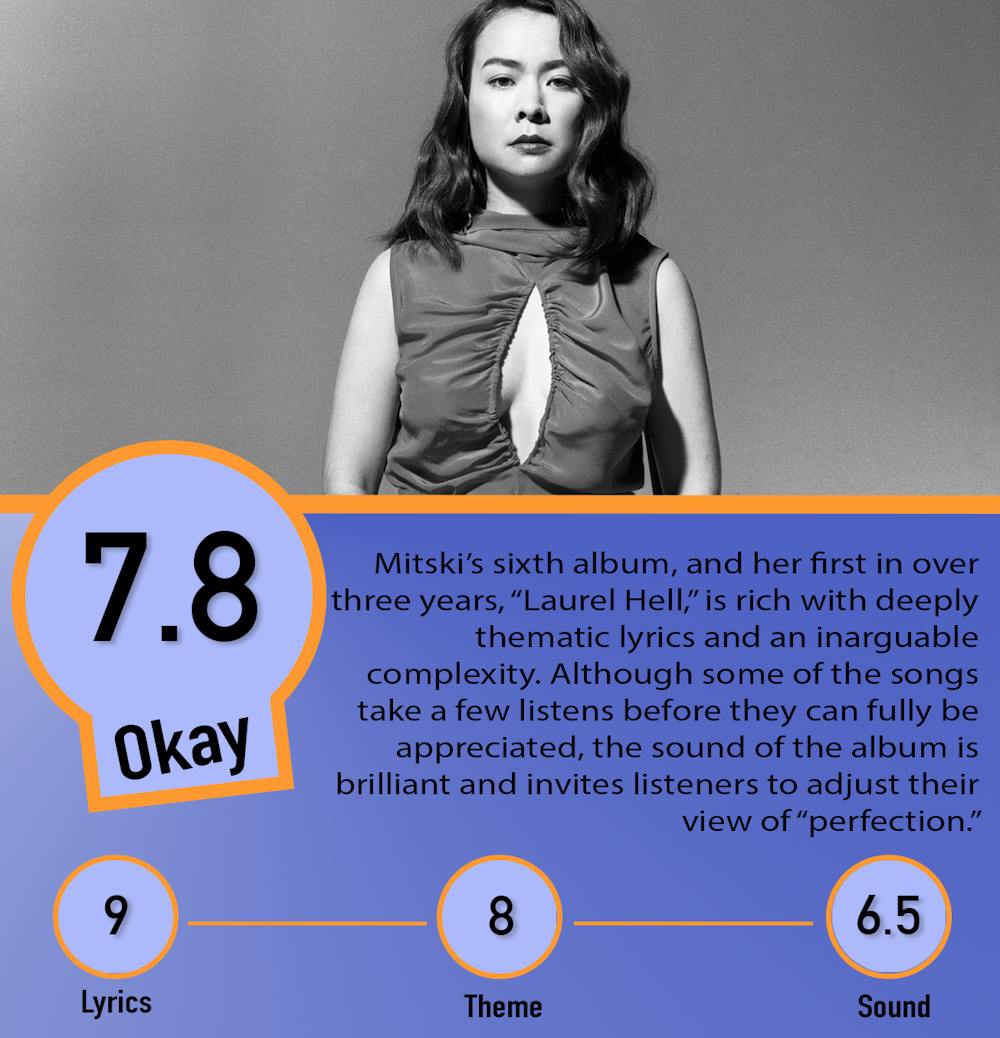
Featured images: Ebru Yildiz, DeadOceans.com
Sources: The Zane Lowe Show, Spotify, Spotify, Spotify, YouTube, BBC, Spotify, Rolling Stone, YouTube, YouTube, YouTube, YouTube, YouTube, YouTube, YouTube, YouTube, YouTube
Contact Riley Nower with comments at rlnower@bsu.edu.


